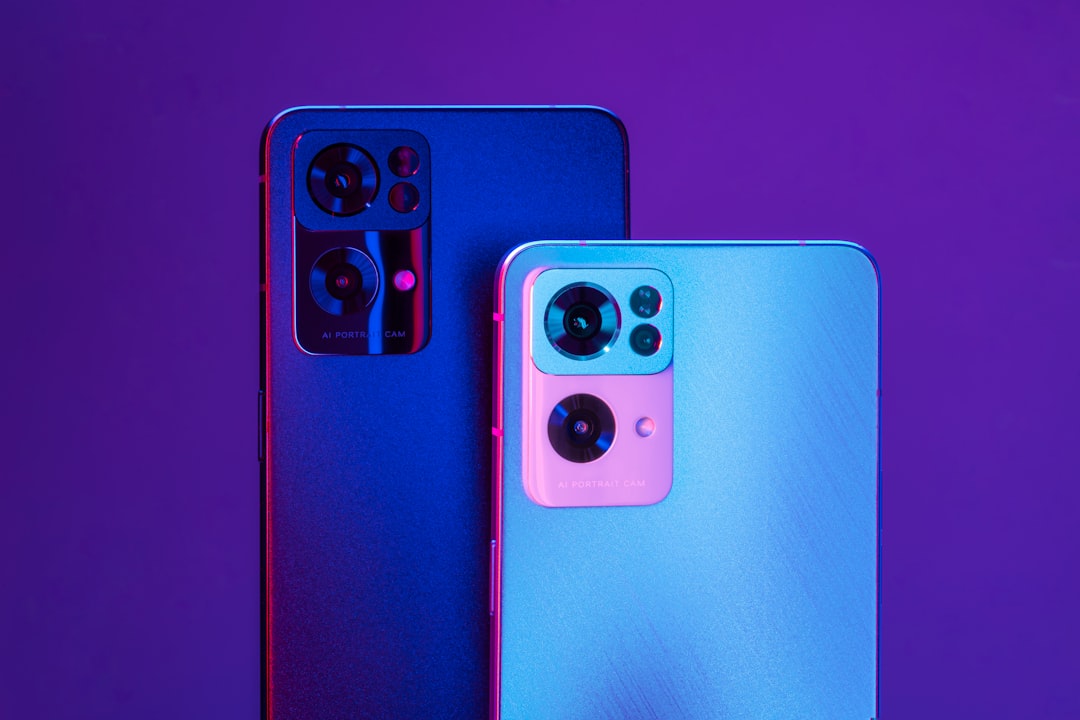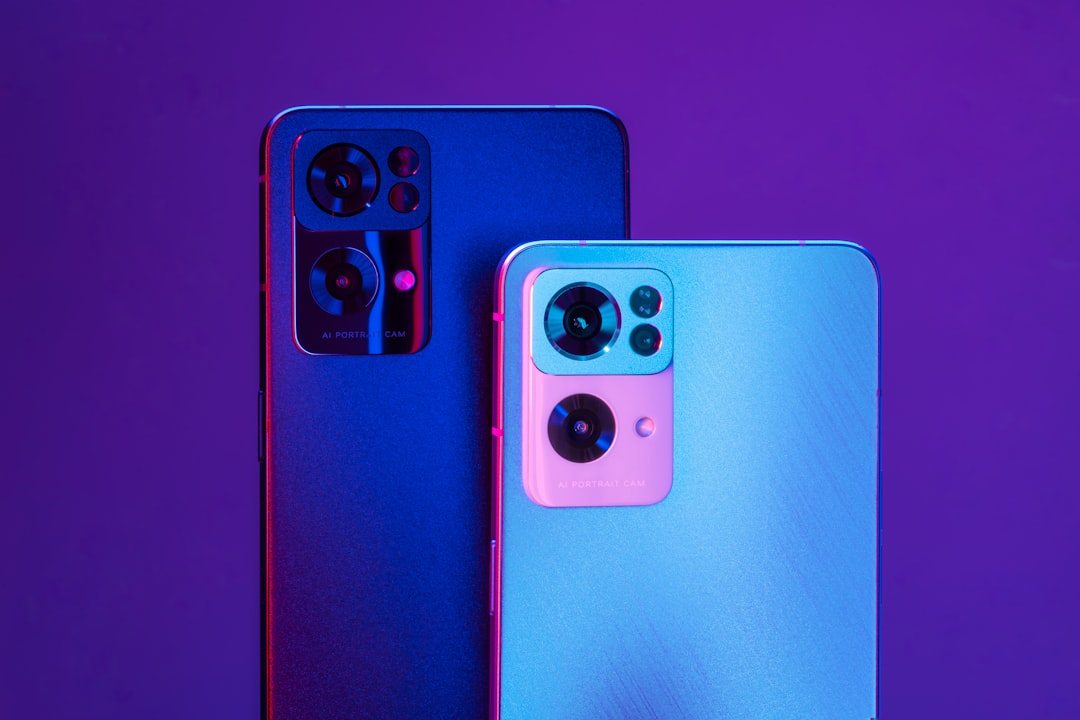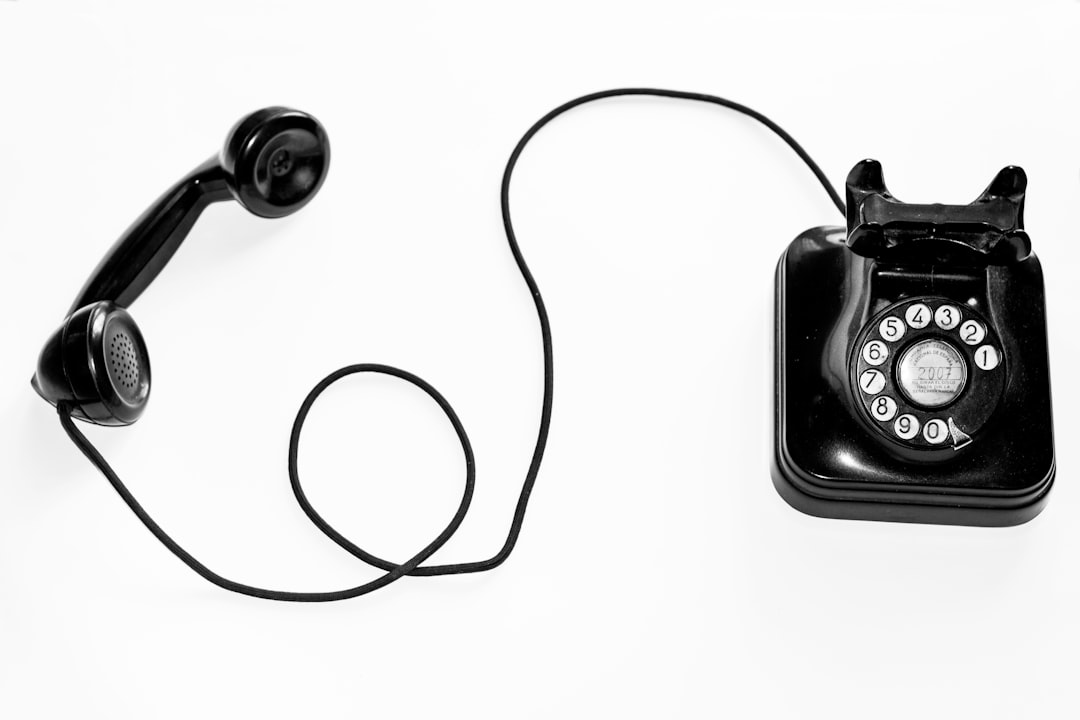Robocalls are a prevalent issue in South Dakota, prompting residents to take action. The state's Telephone Consumer Protection Act (TCPA) regulates automated calls, and citizens can combat excessive unwanted calls through blocking apps, registering with Do Not Call lists, or seeking legal advice from TCPA-specialized lawyers. Popular robocall blocking apps like TrueCall, Hiya, and NoMoreRobocalls offer advanced call identification and blocking, preserving legitimate communications while filtering out scams. Users should consider app compatibility, strong privacy measures, positive reviews, and legal consultation to ensure compliance with South Dakota's robocall laws.
Tired of unwanted robocalls? Explore the best robocall blocking apps available for South Dakota residents. This comprehensive guide navigates the legal landscape of robocalls in South Dakota and highlights top-rated apps to keep your phone free from nuisance calls. Learn about the advanced techniques these apps employ to block spam, offering a peaceful solution to this growing problem. Discover key factors to consider when choosing an app, ensuring you find the perfect fit for your needs. Consult with a lawyer for robocall laws in South Dakota and take control of your communication today.
Understanding Robocalls and Their Legal Standing in South Dakota

Robocalls, automated phone calls that deliver pre-recorded messages, have become a ubiquitous yet often unwanted aspect of modern communication. While they can be used for legitimate purposes like notifications from banks or government agencies, robocalls are also notorious for spam and scams. In South Dakota, as in many other states, the legal standing of these automated calls is regulated to protect consumers. The Telephone Consumer Protection Act (TCPA) prohibits most robocalls unless the caller has obtained prior express consent from the recipient.
For South Dakota users facing a deluge of unwanted robocalls, a lawyer for robocall issues can offer crucial guidance and legal recourse. These attorneys specialize in navigating the complexities of TCPA compliance and enforcement, helping clients understand their rights and take action against violators. By employing strategies like blocking, registering with Do Not Call lists, or pursuing legal action, residents can reclaim control over their phone lines and reduce the nuisance caused by robocalls.
The Rise of Robocall Blocking Apps: A Consumer's Perspective

In recent years, the proliferation of unwanted and often fraudulent robocalls has led many South Dakota residents to seek relief through robocall blocking apps. As consumers face an ever-increasing number of automated calls from telemarketers, scammers, and other unknown sources, these applications have become a popular solution for protecting personal privacy and preventing disruption. The rise of robocalling as a significant consumer issue has prompted the need for innovative tech responses, with blocking apps at the forefront of this movement.
With a lawyer for robocall issues in South Dakota, users can gain an extra layer of protection by employing these advanced technologies. Robocall blocking apps use sophisticated algorithms and databases to identify and filter out unwanted calls before they reach the user’s phone. This not only saves time and reduces frustration but also provides peace of mind knowing that sensitive personal information is less likely to be compromised. As a result, South Dakota residents now have access to powerful tools that empower them to take control of their communication experiences in an increasingly digital world.
Top-Rated Robocall Blocking Apps for South Dakota Residents

South Dakota residents facing relentless robocalls have a powerful tool at their disposal—robocall blocking apps. These applications, designed to combat unwanted and fraudulent calls, have become increasingly sophisticated in filtering out nuisances while allowing legitimate communications. Among the top-rated options for South Dakotans are apps like TrueCall, Hiya, and NoMoreRobocalls, which boast advanced call identification and blocking features.
TrueCall, a popular choice, not only blocks robocalls but also provides detailed call information, including caller ID and block history. Hiya offers real-time protection against unknown callers and integrates seamlessly with many smartphone models. NoMoreRobocalls stands out for its user-friendly interface and comprehensive call filtering system. For South Dakota users seeking legal recourse against persistent robocallers, these apps serve as an excellent first line of defense, complementing any actions a lawyer for robocall Laws South Dakota might advise.
How These Apps Work: Techniques and Technologies Employed

Robocall blocking apps have become a popular solution for South Dakota users to combat the incessant influx of unsolicited calls, often from telemarketers and scammers. These applications utilize advanced techniques and technologies to identify and block automated phone calls, ensuring a quieter and safer communication environment. At their core, these apps employ several strategies to distinguish between legitimate calls and robocalls. One common method is analyzing call patterns; by learning from user feedback, they can recognize typical behaviors associated with telemarketing campaigns.
Additionally, many apps use machine learning algorithms that adapt over time, improving their accuracy in identifying and blocking unwanted calls. They scan incoming calls against extensive databases of known robocallers and suspicious numbers. Some even integrate with phone company networks to filter out automated calls at the network level. With the help of these technologies, South Dakota residents can protect themselves from nuisance calls, saving them time and potentially preventing fraud or identity theft, a significant concern for any user, especially when seeking legal advice from a lawyer for robocall issues.
Choosing the Right App: Factors to Consider for South Dakota Users

When selecting a robocall blocking app, South Dakota users should consider several key factors to ensure they receive optimal protection against unwanted calls. One crucial aspect is compatibility; users must confirm that the app is designed to work seamlessly with their devices and operating systems. Additionally, looking into the app’s call-filtering capabilities and its ability to block both spam and marketing calls is essential.
Another important consideration is data privacy and security. Users should choose apps that offer robust protection without compromising their personal information. The app’s reputation and user reviews can provide valuable insights into its effectiveness and reliability. Moreover, checking if the app integrates with popular communication platforms like VoIP services will enhance its usability for South Dakota residents who frequently use these services. Finally, users may want to consult with a lawyer for robocall laws in South Dakota to understand their rights and ensure the chosen app aligns with any relevant regulations.






